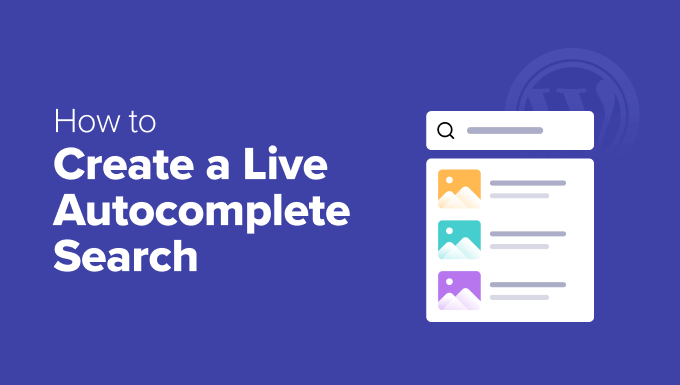For growing ecommerce businesses, operational efficiency and effective customer-facing processes are crucial. Automation, personalization, and AI are key strategies to enhance these areas.
These approaches help businesses address challenges such as scaling sales without increasing staff, which can lead to higher overhead costs for salaries, development, and perks. If revenue growth doesn’t match team expansion, these expenses can reduce profits.
Moreover, managing more employees can slow operations, leading to longer workflows and potential inconsistencies. In contrast, AI and automation are designed for precision and scalability, enhancing customer volume and experience without additional manpower.
In a digital world with rising acquisition costs and limited third-party data, AI and automation can identify high lifetime value (LTV) customers, allowing businesses to focus on targeted, cost-effective marketing rather than broad, expensive ads.
However, companies must balance AI efficiency with a human touch to meet demands for personalized, cross-channel experiences. Fortunately, automation, personalization, and AI make this possible.
The ONS reported that in 2024, over 25% of retail sales were online, indicating that businesses leveraging these technologies saw growth, efficiency, and improved customer insights.
| AI & Agentic AI is projected to help ecommerce grow at a CAGR of 14.8% from 2024 to 2031. | Personalization Personalization has increased average order value (AOV) for 98% of online retailers. | Automation Automation increases conversion rates for 75% of ecommerce businesses. |
AI and agentic AI are rapidly advancing towards a future reminiscent of sci-fi films. Agentic AI, unlike simple response systems, acts like a knowledgeable sales assistant, offering personalized suggestions, answering product queries, and autonomously deciding on shipping or return policies.
This reduces reliance on human intervention, providing opportunities to scale without expanding the workforce. AI also enhances data analytics, offering insights and autonomous decision-making for real-time market and customer preference adjustments.
Google estimates only 7% of product searches lead to immediate transactions, showing many shoppers hesitate or abandon carts, leaving businesses unsure why. Agentic AI can recapture some of the remaining 93% by addressing specific customer questions, reducing purchase delays.
Businesses are increasingly adopting automation, personalization, and AI. While having the right tools is essential, the real impact lies in understanding their full value.
1. Intelligently use customer data to drive growth and LTV
Studies show personalized emails have 2.5 times higher click-through rates and are six times more likely to convert. Customers desire personalization, with 73% preferring brands that tailor their communications and experiences.
Advanced automation enables real-time personalization and engaging experiences, encouraging customers to share data, which enhances targeting, loyalty, and sales.
However, 74% of ecommerce brands struggle to scale AI value due to poorly structured or low-quality data, limiting beneficial insights.
2. Improve use of budgets, resources, time, and marketing efforts
Today’s marketplace challenges demand high levels of personalization, increased customer acquisition costs, and distracted audiences, raising the stakes for timely, relevant marketing. AI and automation help businesses meet these challenges without overextending resources.
Manual tasks like product listing and report compilation become obsolete with automation, freeing employees for strategic work.
AI provides superior insights and data for personalized interactions, reducing ad reliance and helping brands better attract and retain customers. It also assists customers through the buying process, answering questions to keep them engaged.
3. Integrate systems to deliver a seamless customer experience
To maximize automation and AI tools, systems must work harmoniously, sharing accurate data. Legacy systems, outdated CRM platforms, hinder AI use with limited processing power, data mismatches, and inferior security.
Embracing a unified approach for AI support allows systems to work seamlessly, giving companies a competitive edge.
Using marketing tools designed for automation, like Klaviyo, helps businesses achieve up to 46x ROI, demonstrating the benefits of powerful marketing tools.
1. Use real-time insights to build a comprehensive view of your customer segments
Syncing WooCommerce store data with Klaviyo provides real-time insights across channels, keeping everything manageable.
Klaviyo’s Data Platform allows smart segment creation based on behavior and preferences, enabling thorough customer understanding for personalized offers and communications.






